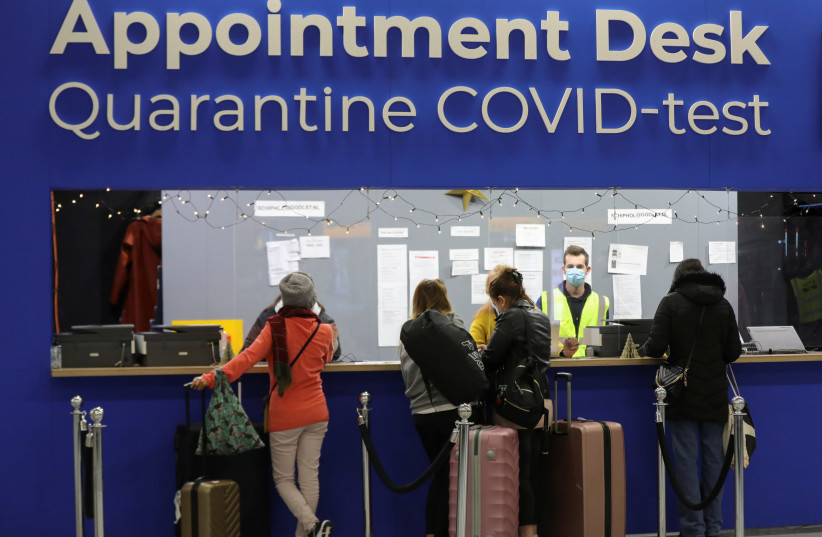The World Health Organization said on Thursday countries struggling with surging COVID-19 infections may shorten the recommended quarantine duration of 14 days in some situations.
The UN agency said its new guidelines may be helpful for places where essential services are under pressure.
For example, quarantine could be shortened to 10 days without a test, and to 7 days with a negative test – provided the person does not develop any symptoms, WHO said.
Where testing to shorten quarantine is not possible, the absence of symptoms could be used as a proxy for testing, the agency said in its new interim guidance.
WHO also said countries may consider relaxing their contact tracing measures in similar situations.

For contacts of people infected with COVID, those at highest risk of getting infected such as healthcare workers should be prioritized, as well as those at high risk of severe disease such as people with underlying ailments or the unvaccinated.
Some countries such as United States, Germany and Switzerland have already shortened the quarantine period to cope with a wave of Omicron-driven coronavirus infections.
